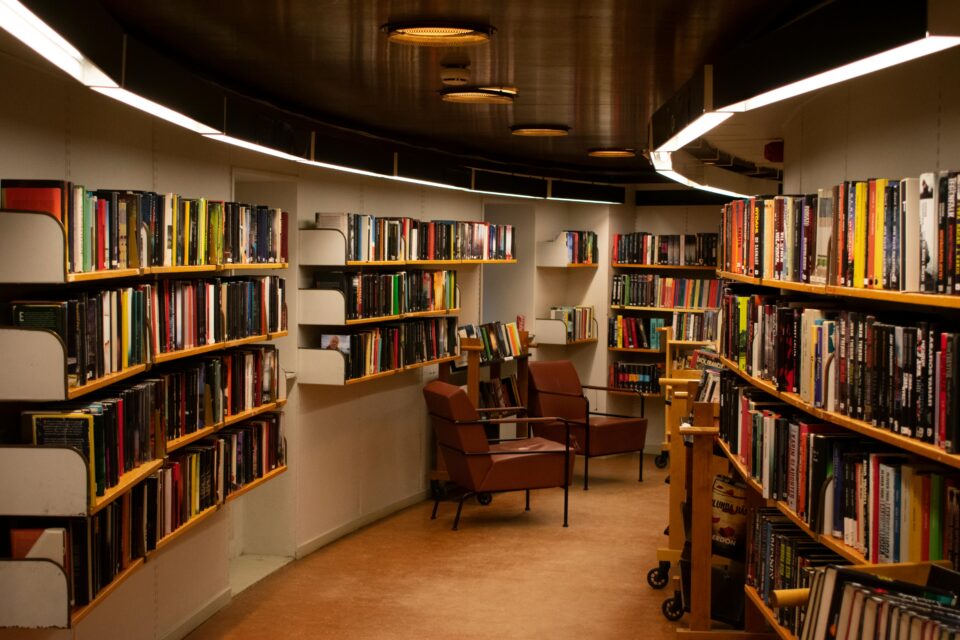A few years ago, once everything began to settle from the pandemic and classrooms were beginning to navigate their new normal, our reading specialist team began to notice distinct gaps in how our students were responding to our literacy instruction.
In 2021, recognizing this issue and backed by current research, Pitt County made a significant shift toward the science of reading, a base of research on how children learn to read. We began to train our early elementary staff in implementing explicit phonics instruction using Reading Horizons. This initiative equipped teachers with researched-based strategies, assessments, data tracking, and differentiated instruction to enhance reading instruction, particularly through phonics.
After reflecting on our instruction, we realized we were still missing a piece in the literacy puzzle. We were still in need of improving specific areas in our literacy instruction in order to ensure the transition of our students from learning to read to reading to learn.
Last year, our district finished its two-year LETRS training that provided our educators with a deep knowledge of the science of reading and helped us understand the critical components of reading instruction: phonemic awareness, phonics, fluency, vocabulary, and comprehension.
LETRS transformed the way we tackled literacy as a whole. It was our missing piece.
During this process, district leadership recognized the need to improve literacy instruction and worked diligently to restructure the program of our Title 1 Reading Specialists. These positions evolved from primarily working with first grade to encompassing kindergarten through fifth grade, now called elementary literacy specialists (ELS), nicknamed “L’s” (distinct from the district’s early literacy specialist). Supported by the early literacy specialist and the K-5 ELA curriculum specialist, they function as a district professional learning team. Monthly collaborative meetings provide this group with aligned coaching, curriculum support, and turnkey training resources.
The Pitt County ELS positions follow a push-in model to support students while also co-teaching and modeling for teachers within their assigned school. They play a key role in coaching instructional practices that align with the science of reading, offering prioritized and flexible support based on data collected throughout the year.
Last year, Pitt County Schools had fourteen ELS in nine schools. Overall, data indicated that schools with ELS support experienced greater growth in mClass DIBELS 8 compared to schools without an ELS. This year, the number of specialists has increased to eighteen in thirteen schools. The goal is to continue to expand these roles until each school in the district has an ELS.
The support provided by the district’s elementary literacy specialists and the impacts of Reading Horizons and LETRS have profoundly influenced both our students and teachers, significantly enhancing student learning. It has empowered our teachers to proactively identify and address reading difficulties as early as possible, preventing potential long-term negative effects of reading failure.
When educators are well-versed in the science of reading, the entire school environment improves. Our teachers feel more confident and effective in their literacy instruction, which leads to more engaged and successful students.
As reading proficiency increases, students gain the confidence to tackle more complex texts, which in turn improves their performance across other subjects, including math, science, and social studies.
The benefits of this shift are clear: enhanced student learning, improved reading proficiency, and a positive ripple effect that extends beyond the classroom. As more educators and schools embrace the science of reading, the potential for raising literacy rates and closing achievement gaps becomes increasingly achievable, promising a brighter future for all students.
Source: This article first appeared on EducationNC and is republished here under a Creative Commons license.
Photo by Rafael Cosquiere: https://www.pexels.com/photo/chair-beside-book-shelves-2041540/

